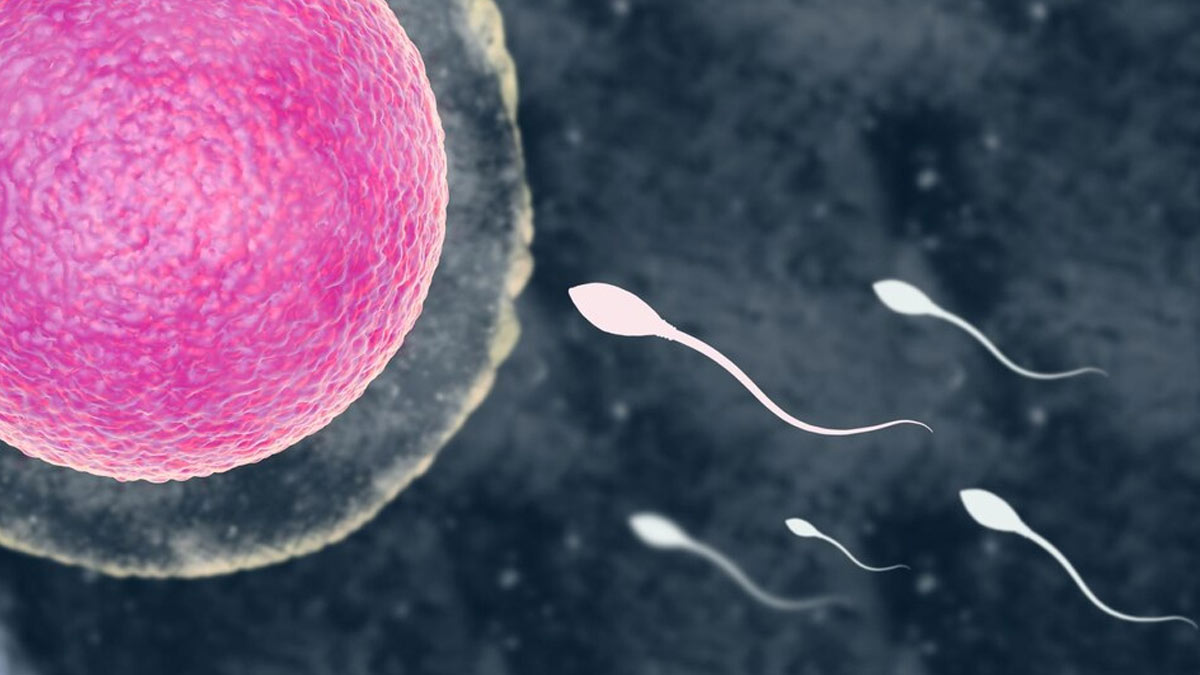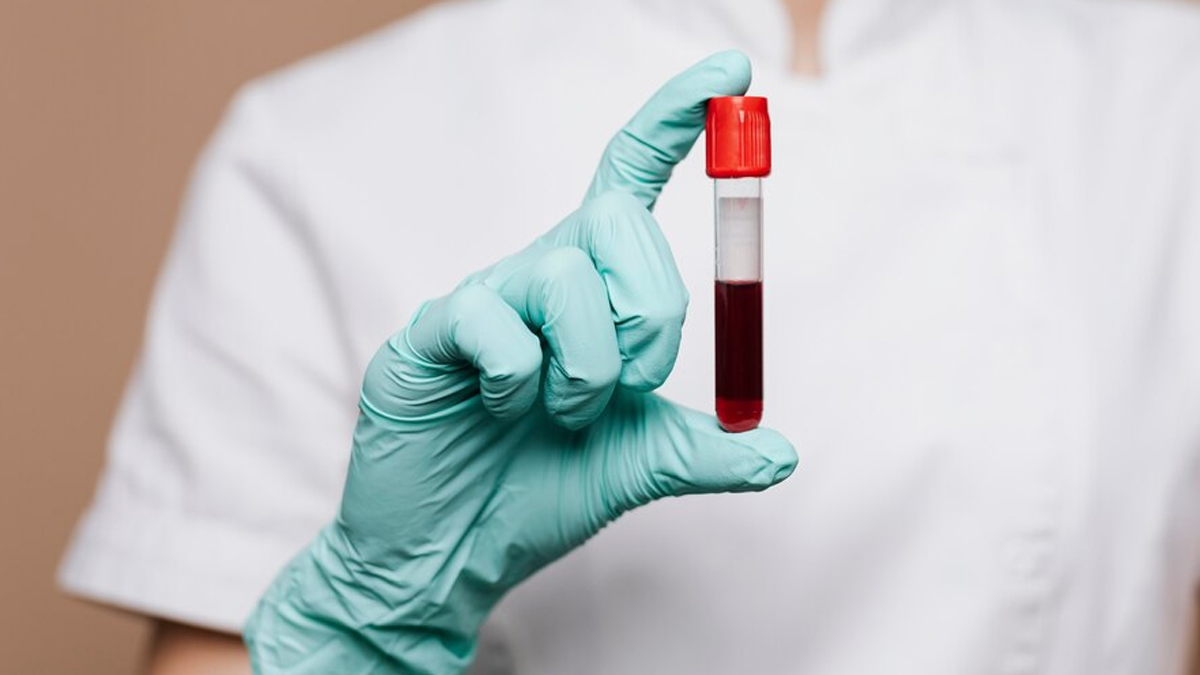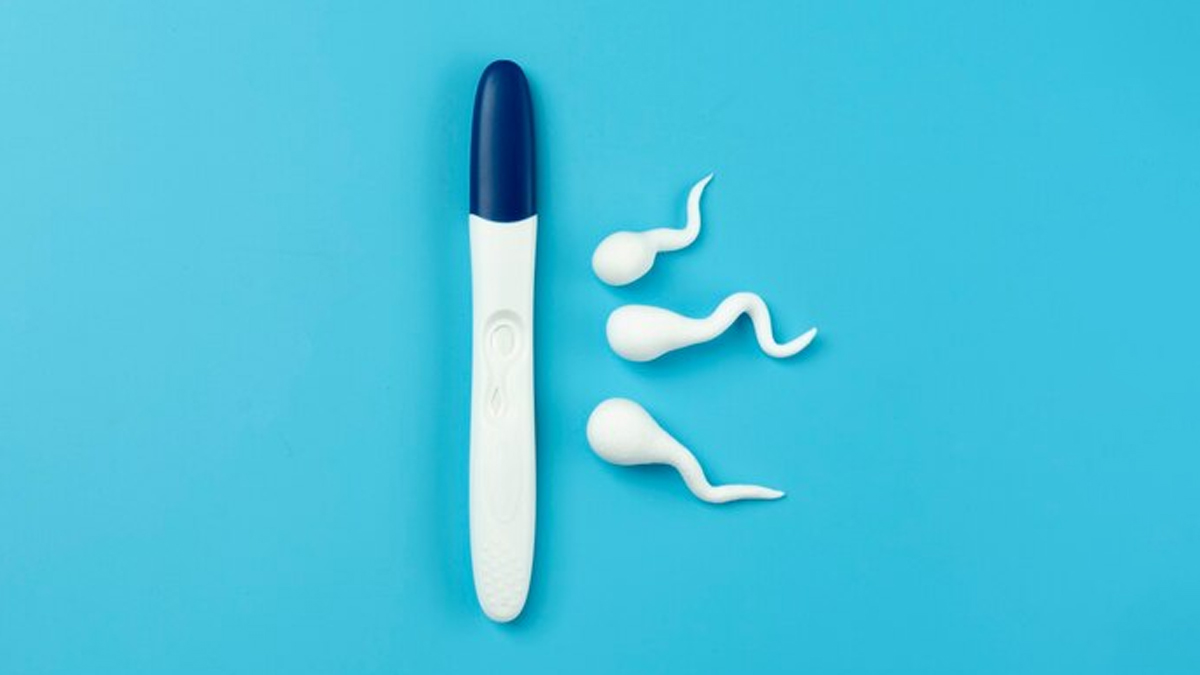
Movies like Vicky Donor set the benchmark for sexual health and reproductive awareness in India. However, the reality of sperm or egg donation is far from what was fictionalised in the cult classic. For example, experts guffaw at the climax of the movie, when a huge field full of kids is revealed to be a biological result of Vicky's offerings.
Table of Content:-
The movie did get one thing right though. Its efforts to remove the stigma around Assisted Reproductive Technology (ART) and establish sperm donation as a noble, altruistic initiative are commendable. To ensure the altruistic nature of sperm/egg donation so people can not turn it into a profitable business like Vicky and Dr Chaddha did in the movie, and to ensure the well-being of all parties involved, the Government of India has etched strict rules defining who can be an egg or sperm donor in India, and how they must be treated by their beneficiaries.
The OnlyMyHealth team spoke to Dr Vaishali Chaudhary, Director, IVF & Fertility, Sahyadri Super Speciality Hospitals, Pune to understand these complicated laws. She said, "Similar to a blood bank, fertility clinics also have egg and sperm banks, which authorise the recruitment of donors. ART and IVF specialists are even taught about who can be a donor."
Eligibility Criteria To Be A Donor
As per the Assisted Reproductive Technology Bill, 2021, the eligibility criteria for donors are:
- Men between the age of 21-55 years can be a sperm donor.
- Women between the age of 21-35 years can donate their eggs.
- The woman has to have a child of her own, who is at least three years old at the time of donation.
Here Dr Chaudhary pointed out an important detail, "The donors can donate only once in their lifetime. This was underscored in the 2021 ART Bill to prevent people from becoming commercial donors, going from one centre to the next, donating their eggs or sperm." Additionally, if a person was allowed to donate multiple times to different couples, there would be no way to check which children were born out of the same sperm or egg. This increases the risk of biological siblings from entering sexual relationships later in life as they wouldn't be aware that they were born from the same sperm or egg.
Donors also have to clear health checks conducted by the bank. To be recruited as a donor, the bank does a panel of tests, like blood tests to rule out infections like Human Immunodeficiency Virus (HIV), as proof of good health.
Anonymity of A Donor
There was a time when sperm/egg banks provided anonymous reproductive cells to the intended couples. Only specifications about their physical and genetic attributes, and health risks were available to the intended couple. However, now couples can choose their donors, who can be anybody from a friend or family member to a coworker.
Dr Chaudhary, "In this case also, people are allowed to donate only once. Plus, in the case of a female donor, the intended couple can get only seven eggs from the woman."
To make sure a donor is donating only once, the ART Bill, 2021, mandates that clinics must collect the following information from donors, which will then be updated on a national portal that can be accessed by sperm/egg banks across the country:
- Name
- Address
- Aadhar Number
- Written and signed undertaking that the donor will not go to any other bank to make further donations.
Also Read: Centre Questions Siddhu Moose Wala’s Mother’s IVF Pregnancy: India’s IVF Laws You Must Know

Insurance Policy For Donors
Dr Chaudhary said, "If intended couples pick their donors, then they also have to ensure that the donors are being cared for. That is why insurance is compulsory for donors."
The law reads that a slight miss-step while extracting eggs can lead to major complications that can be a financial nightmare. To avoid this, the recipient couple has to sign an affidavit saying that they will look after the donor in case some medical complication happens during the treatment.
Donors Have To Provide Consent
Before the egg/sperm bank can provide the stored reproductive cells of a donor or collect the same from a donor, the donor has to sign consent forms. "The couples have to download consent forms and explain the same to the donors so that they know the specificities of the forms they are," said Dr Chaudhary.
The ART Bill, 2021 also states that a child born through ART will be considered the biological child of the intended couple and the donor can not have any parental rights over the child being born through their egg or sperm.
Absolutely No Commercial Transactions Between Couples And Donors
Sperm donation or egg donation has to be a charitable venture as per the Indian ART laws. Hence, any sort of commercial transaction between the intended couples and donors is strictly prohibited.
Dr Chaudhary commented, "These donations are a noble work, and that is why donors should not think of it as a money-earning opportunity. So you can only ask people around you to donate their eggs or sperm as an act of love for you, not because they stand to gain financial benefits from such a deal."
Also Read: Undergoing IVF? Expert Shares The Importance Of Protein For In Vitro Fertilisation Success

What Happens If You Break These Laws?
When it comes to egg/sperm donation, India's ART Bill, 2021, clearly states that if any of these laws are broken, the culprits can be fined between 5-10 lakh rupees for a first-time offence. If they are found committing such acts again, they could face imprisonment for 3-8 years and a fine between 10-20 lakh rupees.
The court will hold a party as guilty, only if the complaint has been registered by the National or State Board.
Dr Chaudhary concluded the explanation of India's ART laws by encouraging everyone to follow these regulations. She said that they were set in place to prevent just about anybody from walking into a sperm bank or egg bank and becoming a donor, without being recruited with proper documentation and health checkups. Additionally, these laws protect the donors from being exploited.
Also watch this video
Read Next
Centre Questions Siddhu Moose Wala’s Mother’s IVF Pregnancy: India’s IVF Laws You Must Know
How we keep this article up to date:
We work with experts and keep a close eye on the latest in health and wellness. Whenever there is a new research or helpful information, we update our articles with accurate and useful advice.
Current Version
